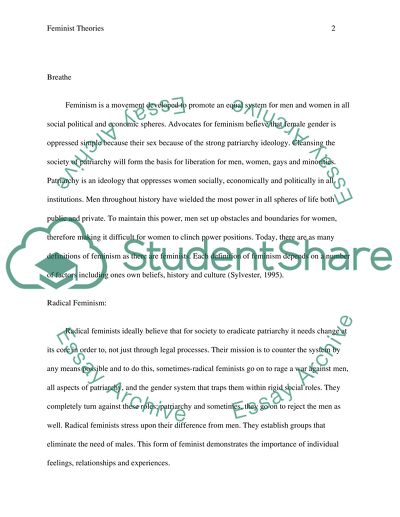Cite this document
(“Pick three Feminist theories and talk about what they Essay”, n.d.)
Retrieved from https://studentshare.org/sociology/1666086-pick-three-feminist-theories-and-talk-about-what-they-areculturalsocial-and-radical
Retrieved from https://studentshare.org/sociology/1666086-pick-three-feminist-theories-and-talk-about-what-they-areculturalsocial-and-radical
(Pick Three Feminist Theories and Talk about What They Essay)
https://studentshare.org/sociology/1666086-pick-three-feminist-theories-and-talk-about-what-they-areculturalsocial-and-radical.
https://studentshare.org/sociology/1666086-pick-three-feminist-theories-and-talk-about-what-they-areculturalsocial-and-radical.
“Pick Three Feminist Theories and Talk about What They Essay”, n.d. https://studentshare.org/sociology/1666086-pick-three-feminist-theories-and-talk-about-what-they-areculturalsocial-and-radical.


